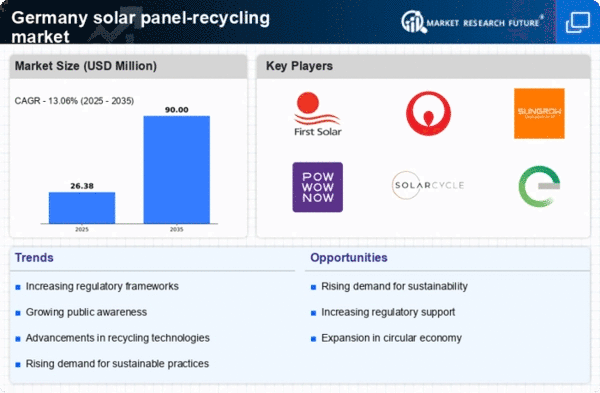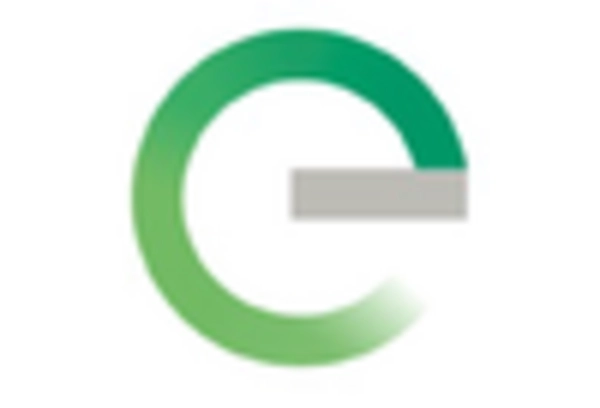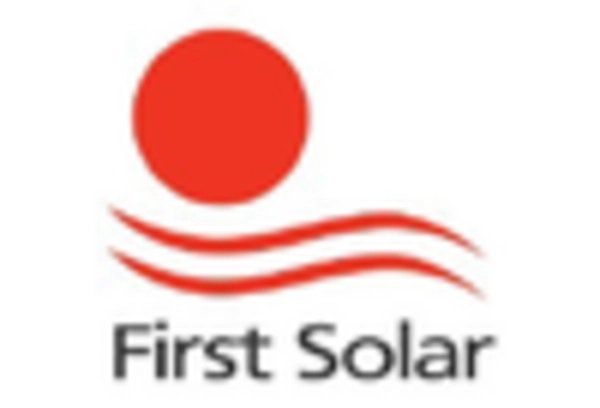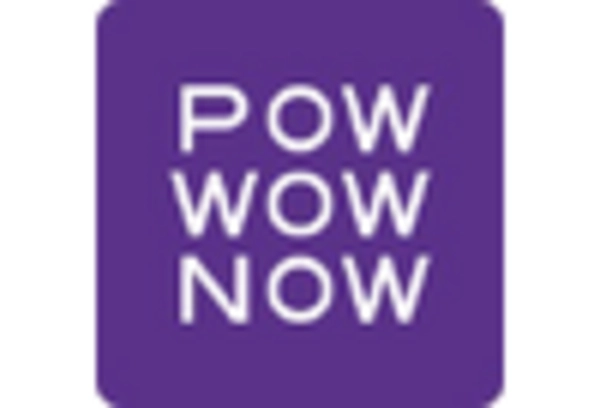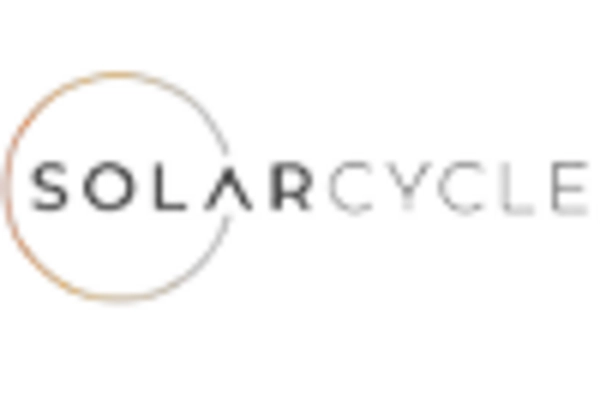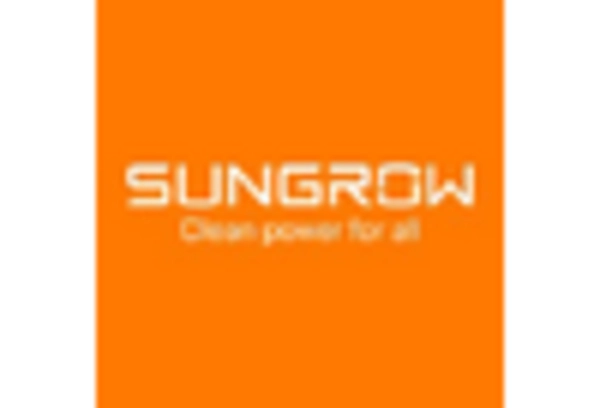Regulatory Compliance Pressure
The solar panel-recycling market in Germany is experiencing heightened pressure due to stringent regulatory compliance requirements. The European Union's Waste Electrical and Electronic Equipment (WEEE) Directive mandates that manufacturers take responsibility for the end-of-life management of solar panels. This has led to an increase in recycling initiatives, as companies strive to meet these obligations. In 2023, approximately 80% of solar panels installed in Germany were subject to these regulations, indicating a significant market shift towards sustainable practices. As a result, the solar panel-recycling market is likely to expand, driven by the need for compliance and the potential for financial penalties for non-compliance. This regulatory landscape encourages innovation and investment in recycling technologies, further propelling the market forward.
Resource Scarcity and Material Recovery
The solar panel-recycling market is significantly influenced by the increasing scarcity of raw materials used in solar panel production. With the global demand for materials such as silicon, silver, and rare metals rising, the need for effective recycling solutions becomes more pressing. In Germany, it is estimated that around 90% of the materials in solar panels can be recovered and reused, which presents a lucrative opportunity for recycling companies. The potential to recover valuable materials not only reduces the environmental impact but also enhances the economic viability of recycling operations. As resource scarcity continues to be a concern, the solar panel-recycling market is poised for growth, driven by the dual objectives of sustainability and material recovery.
Economic Incentives for Recycling Initiatives
Economic incentives are emerging as a significant driver for the solar panel-recycling market in Germany. The government has introduced various financial support mechanisms, including grants and subsidies, aimed at promoting recycling initiatives. In 2024, it was reported that the German government allocated €50 million to support innovative recycling projects, which has encouraged companies to invest in sustainable practices. These economic incentives not only lower the financial barriers for recycling operations but also stimulate job creation within the sector. As the financial landscape becomes more favorable, the solar panel-recycling market is expected to grow, driven by both public and private sector investments.
Public Awareness and Environmental Responsibility
Public awareness regarding environmental issues is increasingly influencing the solar panel-recycling market in Germany. As consumers become more conscious of the ecological impact of waste, there is a growing demand for sustainable solutions. Surveys indicate that over 70% of German citizens support recycling initiatives for solar panels, reflecting a societal shift towards environmental responsibility. This heightened awareness is prompting manufacturers to adopt more sustainable practices and invest in recycling technologies. Consequently, the solar panel-recycling market is likely to benefit from this trend, as companies align their operations with consumer expectations and environmental standards.
Technological Advancements in Recycling Processes
Technological advancements are playing a crucial role in shaping the solar panel-recycling market. Innovations in recycling processes, such as improved separation techniques and automated systems, are enhancing the efficiency and effectiveness of material recovery. In Germany, companies are investing in state-of-the-art technologies that can increase recovery rates to over 95%, thereby maximizing the value extracted from end-of-life solar panels. These advancements not only reduce operational costs but also minimize environmental impact, aligning with Germany's commitment to sustainability. As these technologies continue to evolve, they are likely to attract further investment and drive the growth of the solar panel-recycling market.


